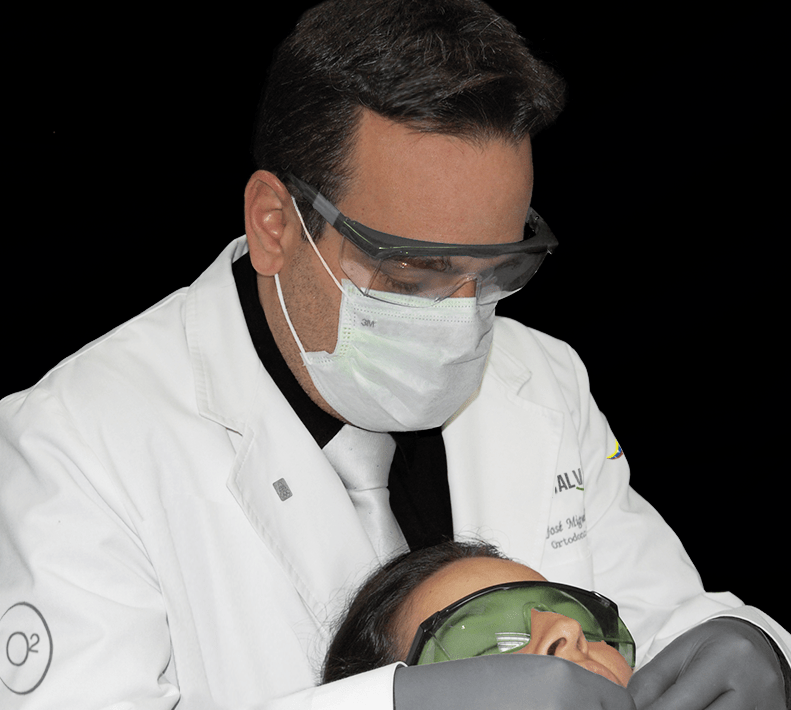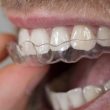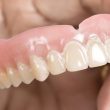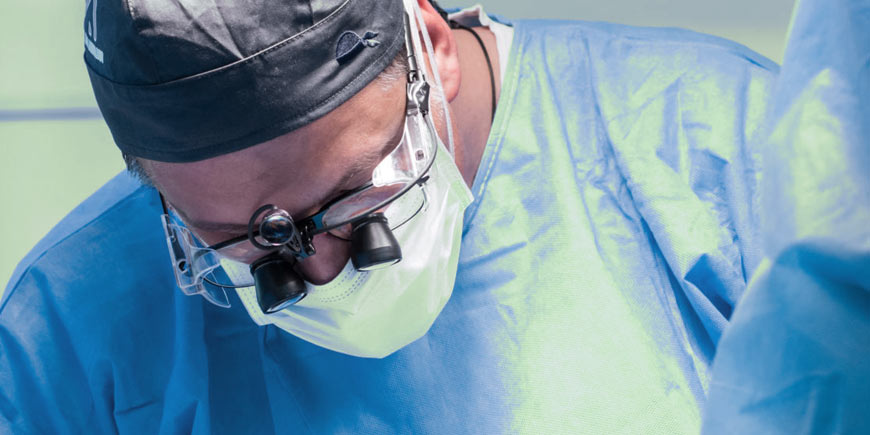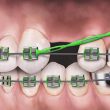Table of Contents
Have you ever had a serious dental emergency? We are talking about more than just a chipped tooth or bleeding gums, however traumatic those may seem at the time. This is a discussion about true medical disasters like a car crash or a tumour in your mouth. When you suffer something serious, you need a specialized caregiver for your mouth, head, and jaws. These professionals are Oral and Maxillofacial Surgeons. You need to understand what they do if you ever need their services.
Typical training for an Oral and Maxillofacial Surgeon includes:
- Five-year undergraduate studies (Dentistry degree: DMD, DDS or BDS).
- Postgraduate training for four to six years.
After completion of surgical training most undertake final Specialty examinations. The average total length of education and training after secondary school is 9 to 11 years.
In addition, graduates of Oral and Maxillofacial Surgery training programs can pursue fellowships, typically 1–2 years in length, in the following areas:
- Head and neck cancer and microvascular reconstruction.
- Cosmetic facial surgery (facelift, rhinoplasty, etc.).
- Craniofacial surgery and pediatric maxillofacial surgery (cleft lip and palate repair, surgery for craniosynostosis, etc.).
- Cranio-maxillofacial trauma (soft tissue and skeletal injuries to the face, head and neck).
What Is Oral and Maxillofacial Surgery?
You can think of the oral and maxillofacial region of your body as the mouth and all its connecting regions. You obviously chew with your jawbone and your teeth. This area is part of the network with your face, head, and neck. When you have Oral and Maxillofacial Surgery, someone operates on your face. The only question is exactly where this happens.
Now that you know where it happens, you can guess the causes for this kind of surgery. The most frequent reason is that you need to replace some teeth. Generally, this happens due to trauma or illness. A punch in the mouth or car wreck might displace your teeth. The surgery would fix or replace the impacted area.
You also might develop a disease in your mouth or its surrounding region. A tumour or cyst could jeopardize your heath, especially if any cancerous cells are a part of the infected area. When that happens, you may need part of your jaw removed or reconstructed.
Of course, you could require this sort of surgery for simpler reasons. The hinge of your jaw might not function right. If so, temporomandibular joint surgery (TJS) will correct the issue. Simple jaw alignment is another possibility (orthognathic surgery). Oral and Maxillofacial Surgery treats numerous conditions, some of which are more serious than others.
What Do Oral and Maxillofacial Surgeons Do?
The short answer is that they do most of the treatments and surgeries listed above. A Specialist in this type of Dentistry has to do a lot more emergency work than others. Many times, a patient suffers a car accident or athletic injury that requires immediate attention. In those instances, the Oral and Maxillofacial Surgeon must treat people in crisis situations.
The job has many other requirements beyond crisis support, though. This kind of Specialist must know and treat a range of injuries and illnesses across four major parts of the body: the neck, face, jaw, and mouth. The most frequent surgery is tooth extraction, especially when a person suffers from impacted wisdom teeth. Sometimes, this surgery is not an emergency decision but a proactive one to prevent later tooth problems.
Some conditions may require this sort of surgery. People with cleft palates and lips can receive treatment to correct the problem. An Oral and Maxillofacial Surgeon will alter the facial structure to fix the physical issue. It is considered a medical rather than cosmetic surgery, though.
Oral and Maxillofacial Surgeons must know how to treat hard and soft tissue issues. A professional must work on sensitive areas like the gums and tough structures like the jawbone and parts of the neck. It is a demanding job, as the surgeon must understand all Dentistry, General Medicine, and many forms of Surgery.
Why Are They the Experts and Only Professionals Truly Trained to Place Zygomatic Implants?
The needed surgical skill for the placement of Zygomatic Implants requires a high level of experience, impeccable mastery of the head and neck anatomy and a very advanced surgical training. So only a Maxillofacial Surgeon, really experienced; will be the right professional.
How Does a Dentist Become an Oral and Maxillofacial Surgeon?
Since Oral and Maxillofacial Surgery encompasses so many areas of medical skills, it is a difficult field to enter. A would-be surgeon must finish dental school. Otherwise, they would lack the training to diagnose and treat basic mouth and tooth issues.
After dental school, the surgeon must study for another four years at a minimum, sometimes as many as six years. The Doctor needs this additional time to master surgical skills. They also must train in the treatment of head, neck, and jaw injuries.
“On Average, a Maxillofacial Surgeon Has an Advanced Surgical Training of Between 4 and 6 Years”.
DENTAL TIP
How Does an Appointment with an Oral and Maxillofacial Surgeon Work?
In a perfect world, you will schedule an appointment and have plenty of time to weigh your options. That is true of any elective procedures like tooth extraction or Zygomatic Implants placement. It is also the case with many facial procedures that you have planned in advance.
The reality is that many oral surgeries are emergency situations, though. You may not meet under ideal circumstances. Instead, you have likely suffered an injury that requires immediate medical treatment, possibly even surgery. When that happens, you should not worry. After almost a decade of dental school and specialized training, these surgeons are capable of treating almost any injury related to your mouth, neck, or jaw.
Oral and Maxillofacial Surgeons are among the most skilled of all Dentists and Doctors. They can treat many forms of injury, capably working in either a controlled or emergency situation. You should have full confidence that you are in great hands when you work with this kind of surgeon.
As for example, in the case of Zygomatic Implants, that offer an extraordinary alternative for those who have suffered severe bone deterioration in their maxilla and are not good candidates for the placement of conventional dental implants. Long Implants can be used for other failed implants, rejected bone grafts, or as a means of rehabilitation after severe trauma.
Zygomatic Implants can also help you avoid sinus lift procedures. With it, you can receive your dental implants faster and easier than ever, allowing you to chew, talk and have the beautiful new smile you have always wanted.
Are You Facing an Unaffordable Quote for Dental Treatment?
Are you thinking of getting Cosmetic Dentistry or Dental Implants in Venezuela? The rising cost of dental care in many countries is driving the Dental Tourism movement as people seek more affordable dental work abroad. If you are facing an unaffordable quote for dental treatment in your home country, DENTAL VIP could be a much cheaper alternative with savings of 60% or more.
Every year thousands of international patients visit Caracas to take advantage of high quality healthcare at affordable prices. Dental procedures in Venezuela are on par with treatment provided in any “developed” countries of the world. The cost, however, is significantly less.
At DENTAL VIP we offer a wide range of world class dental treatments such as Dental Implants, Crowns and Bridges, Smile Design, Dental Veneers, Oral Surgery and Zygomatic Implants; among others.
Furthermore, we are available to assist you with transfer and accommodation options while visiting Caracas for dental care. Contact us today and make your next treatment in Venezuela!
